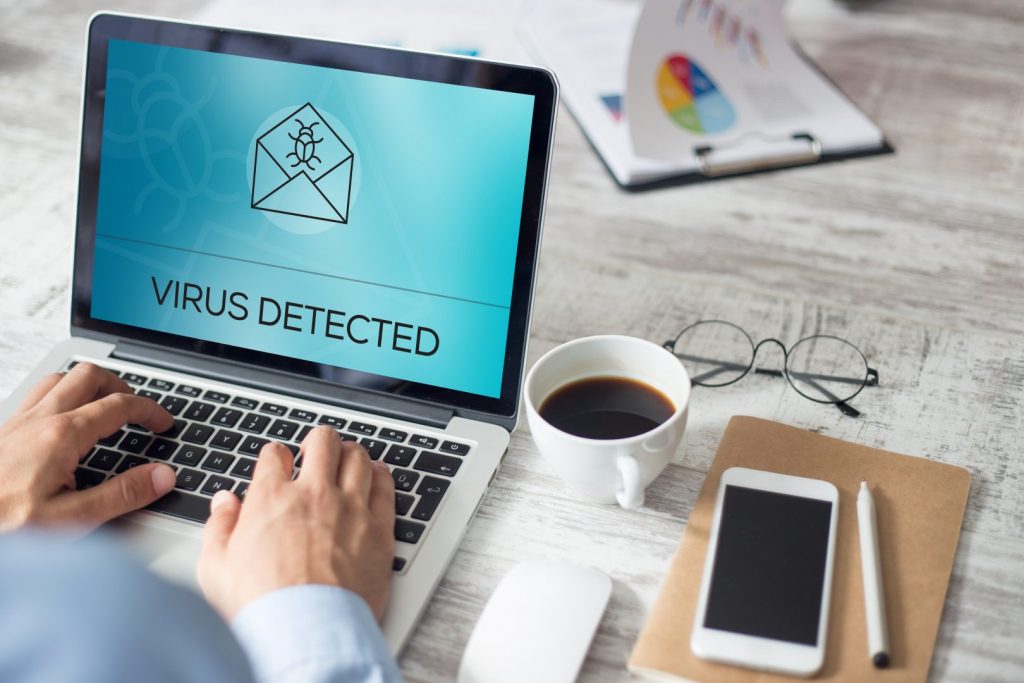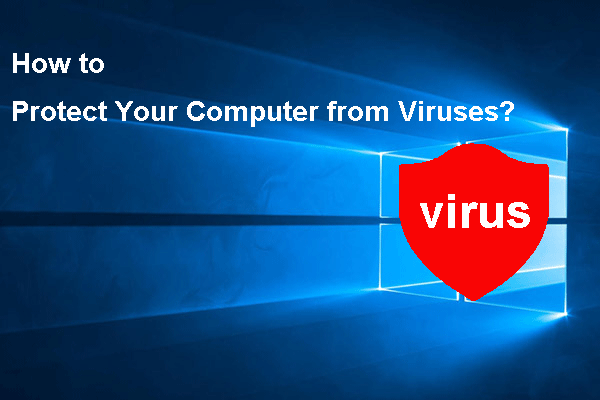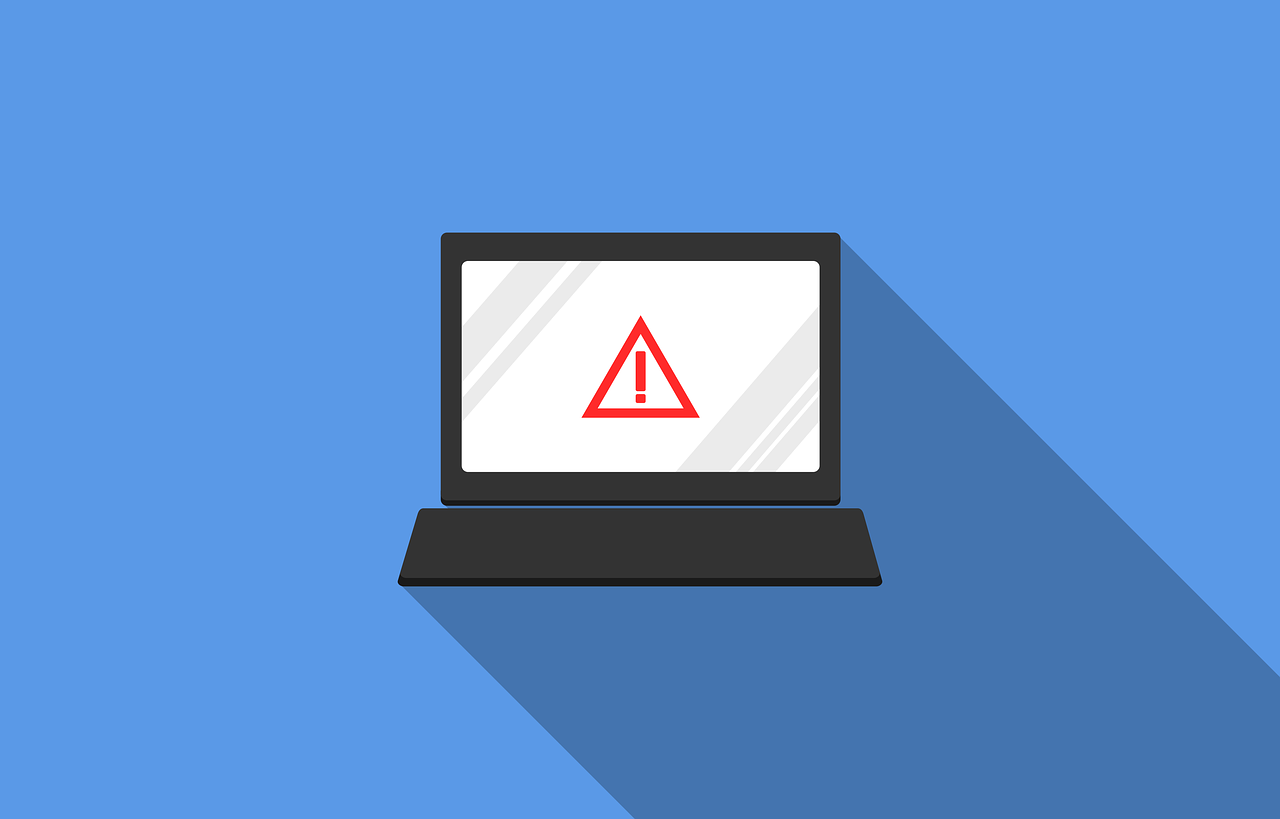

- Good way to protect your computer from viruses Patch#
- Good way to protect your computer from viruses windows 10#
- Good way to protect your computer from viruses software#
- Good way to protect your computer from viruses code#
- Good way to protect your computer from viruses Pc#
In January, former Firefox developer Robert O’Callahan chimed in with a confirmatory blog post, Disable Your Antivirus Software (Except Microsoft’s). I expect it’s possible to make an AV that isn’t more harm than good, but none of you are even trying.”
Good way to protect your computer from viruses code#
He tweeted: “You ignore all security best practice, piling dodgy format parsing and other unsafe code into the kernel. The gist of Schuh’s many complaints was that AV programs messed up the security of other programs while being written insecurely themselves. AV is my single biggest impediment to shipping a secure browser.” Schuh tweeted: “You misunderstand your own ignorance. Issues that have been debated in back rooms became very public last November when Google Chrome security expert Justin Schuh launched a tweetstorm against renowned Bulgarian AV expert, Vesselin Bontchev. The AV problemĪnti-virus companies started out protecting vulnerable operating system and browser code, but we may have reached the point where vulnerable anti-virus software is doing more harm than good.
Good way to protect your computer from viruses Patch#
This includes updating browsers and other third-party software, using a free tool such as Flexera’s Personal Software Inspector (PSI), Patch My PC, or Kaspersky Software Updater.
Good way to protect your computer from viruses windows 10#
The result is that Windows 10 users are not sitting ducks, like Windows XP users, as long as they keep their software up to date. If you are worried about a website, you can check it manually at Google’s website. Google Safe Browsing is now part of Chrome, Firefox, Vivaldi and Apple’s Safari, while Windows 10 has its own built-in SafeScreen filter. It paid out more than $3 million last year, making Chrome even more secure.įurther security improvements have come from “safe browsing” systems, which blacklist websites that host malware.

Google also runs a “ bug bounty” program, which pays researchers up to $100,000 for each exploitable hole they find in Chrome or Android.

Chrome is securely sandboxed, which helps protect the underlying operating system from web-based attacks. There has also been a huge improvement in the security of web browsers, particularly Google’s Chrome and Microsoft’s Edge. Windows 10 now includes a vast array of security and “threat mitigation” technologies, to the point where the main threats to Windows users come from third-party programs such as Oracle Java and some Adobe software.
Good way to protect your computer from viruses Pc#
TCI training and methodologies changed the way Microsoft designed and developed software, and the result has been a dramatic reduction in Windows PC infection rates. In 2002, Microsoft cofounder Bill Gates launched the Trustworthy Computing Initiative to make security the company’s highest priority. Most of the major AV products started out when Windows and its major browsers were insecure. The best defence against ransomware is an offline backup of all your essential data. They know they can blackmail people into paying for something they value – their personal files, financial information, family photos etc – and the arrival of Bitcoin has provided a secure way to collect the cash. They are interested in collecting financial information and passwords etc, but there’s also a trend towards ransomware. They don’t want to show off: they want their malware to stay hidden. They are less interested in viruses that replicate themselves – their delivery mechanisms are emails and websites. Today’s malware is written by professionals who are in business to make money.

Most of the major AV products started out when many viruses were written by amateurs who were showing off. Software can’t protect people from themselves. Less knowledgeable users can get their PCs infected no matter how much protection you give them. I ran Windows XP for a year to try to prove it. All these factors should be taken into account.Ī risk-aware Windows user can probably survive without any anti-virus software at all. Some need to protect very valuable information. Some venture into riskier parts of the internet. Some people are more accident-prone than others, and some are less sensitive to threats.


 0 kommentar(er)
0 kommentar(er)
